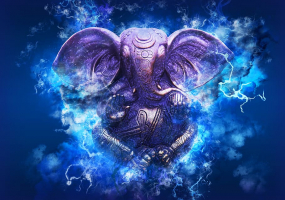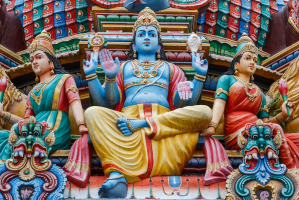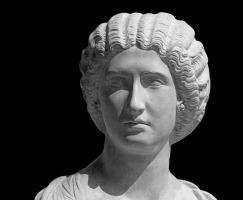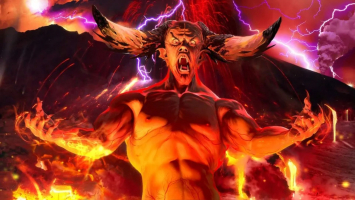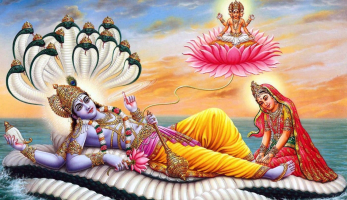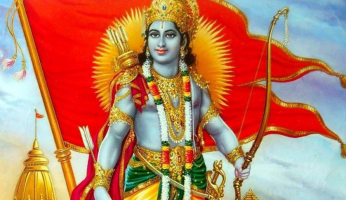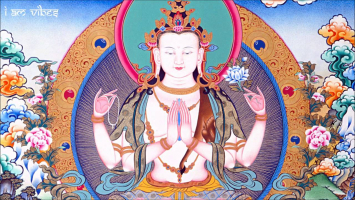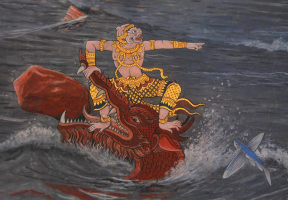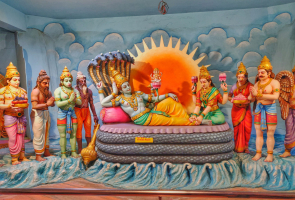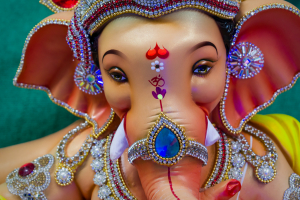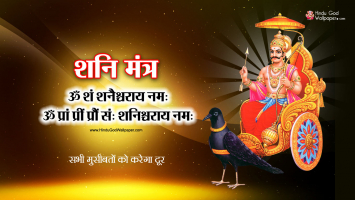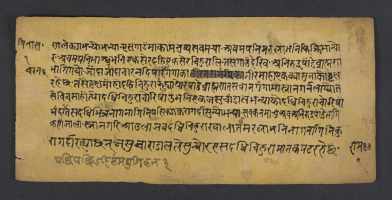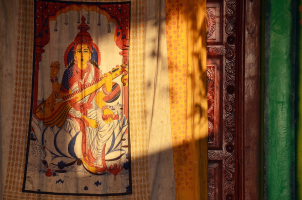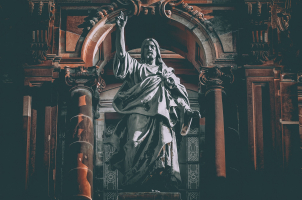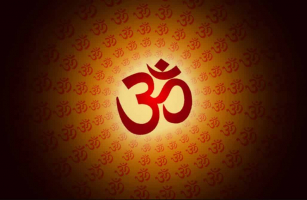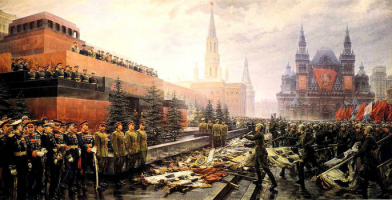Top 7 Most Powerful Mantras of Lord Shiva
Curious about the most powerful mantras of Lord Shiva? Lord Shiva, the revered deity in Hinduism, is known as the destroyer and one of the principal deities in ... read more...the Holy Trinity, alongside Brahma, the creator, and Vishnu, the preserver. Devotees across the world seek His blessings and guidance in their spiritual journey. Among the various ways to connect with Lord Shiva, chanting His powerful mantras holds significant importance. These sacred invocations invoke His divine energy and bestow devotees with various blessings, such as inner peace, success, protection, and liberation from the cycle of birth and death. In this article, we explore some of the most potent mantras dedicated to Lord Shiva and their profound meanings.
-
ॐ नमः शिवाय ||
Om Namah Shivaay ||- “ॐ” (Om): Om is a sacred and primordial sound in Hinduism
- “नमः” (Namah): This word is derived from the root “Nam,” which means “to bow” or “to adore”
- “शिवाय” (Shivaya): The sacred name of Lord Shiva that denotes the auspicious, benevolent, and transformative aspect
A powerful Hindu mantra devoted to Lord Shiva, one of the main Hindu deities. "Om Namah Shivaya" venerates Lord Shiva, the Supreme Being's destroyer and transformer.
The mantra combines "Om" and "Namah Shivaya." The mantra's syllables represent Lord Shiva's attributes. This phrase is thought to purify the mind, eliminate negative traits, and promote spiritual progress and inner transformation.
Lord Shiva devotees chant "Om Namah Shivaya" regularly and in religious rites. Mantras are used to connect with the divine, receive blessings, and find inner peace and release.As with any sacred mantra, it is essential to approach it with sincerity, respect, and understanding of its significance in Hindu spirituality.
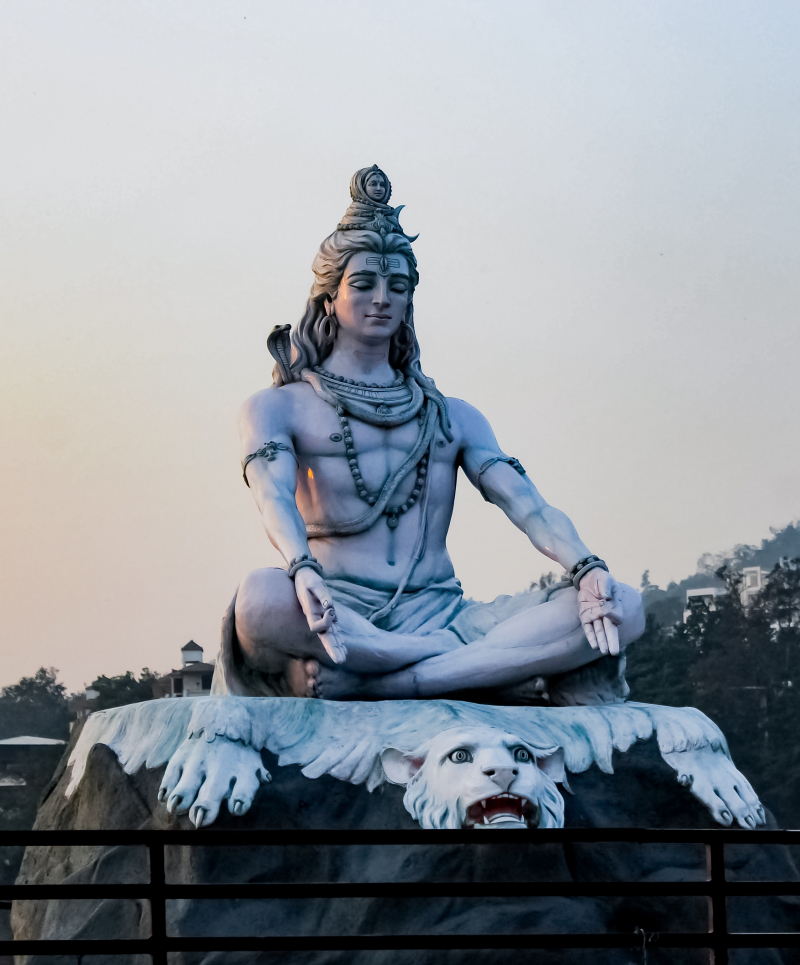
Photo by Sandeep Singh: https://www.pexels.com/photo/photo-of-lord-shiva-statue-in-india-7104962/ Shiv Bhakti Sagar -
ॐ नमो भगवते रूद्राय ।
Om Namo Bhagwate Rudraay
- "Om": The sacred sound of the universe, representing the supreme reality and the eternal cosmic vibration.
- "Namo": A term of reverence and salutation expressing homage to the divine.
- "Bhagavate": Refers to the Divine One, signifying the Lord or God.
- "Rudraya": Refers to Rudra, another name for Lord Shiva. Rudra is associated with destruction and transformation, symbolizing the dissolution of the old to make way for the new.
The Shiva Rudra Mantra is indeed a powerful and revered chant dedicated to Lord Shiva, one of the principal deities in Hinduism. It is believed to invoke the blessings and grace of Lord Shiva and can lead to spiritual growth, inner transformation, and the realization of one's deepest desires. The mantra is chanted to seek protection, guidance, and liberation from the cycle of birth and death.
One can develop a closer relationship with Lord Shiva by saying this mantra with dedication, honesty, and an open heart. It is thought that reciting the Shiva Rudra Mantra has the following advantages:
- The mantra aids in mind purification and awakening spiritual consciousness, promoting spiritual development and self-realization.
- Regular chanting can help ease unfavorable feelings, anxieties, and attachments, promoting inner balance and harmony.
- Devotees ask Lord Shiva for his blessings and protection for themselves and their loved ones.
- Chanting this mantra with a sincere heart and determined intention will assist in bringing about one's greatest desires and aspirations.
- Gaining freedom from the cycle of birth and death (samsara) and uniting with the Divine is the ultimate purpose of reciting the Shiva Rudra Mantra.
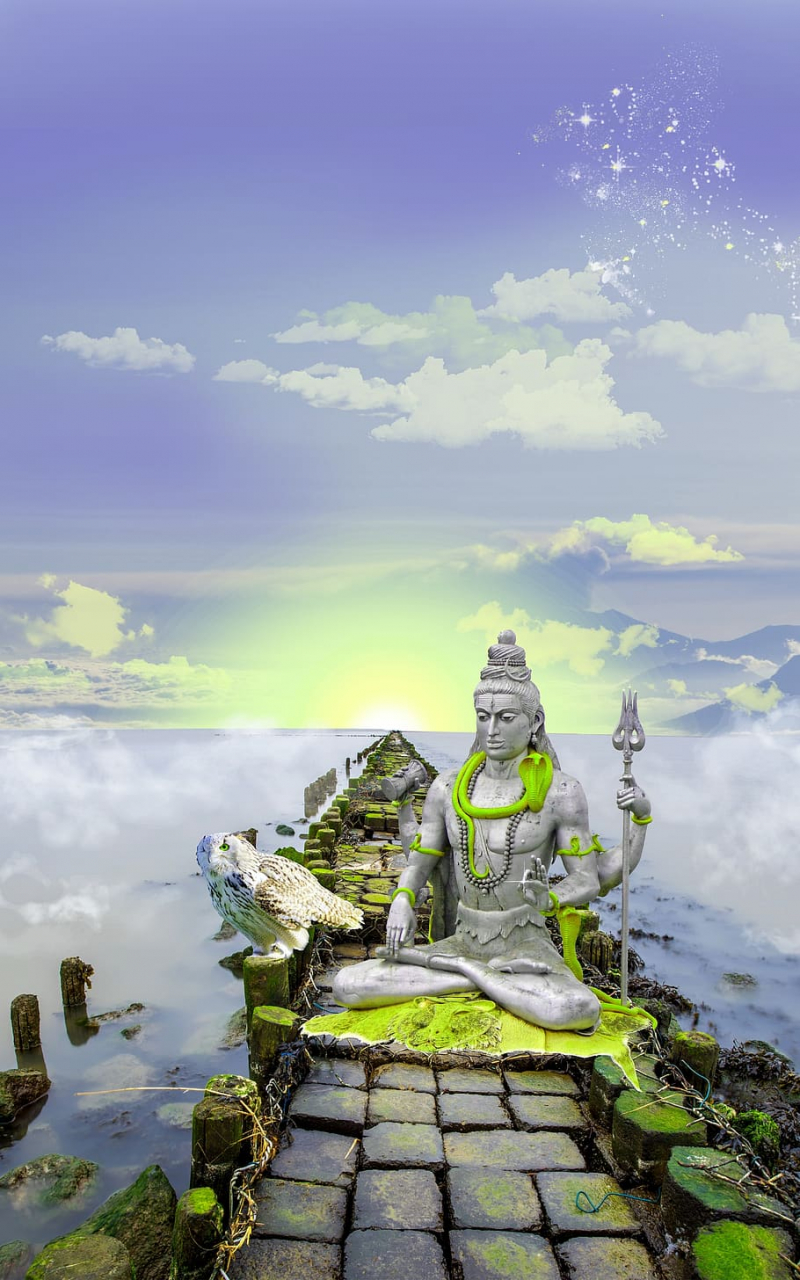
Photo on Wallpaper Flare Rajshri Soul -
नागेंद्रहाराय त्रिलोचनाय भस्मांग रागाय महेश्वराय
नित्याय शुद्धाय दिगंबराय तस्मे न काराय नम: शिवाय:॥
मंदाकिनी सलिल चंदन चर्चिताय नंदीश्वर प्रमथनाथ महेश्वराय
मंदारपुष्प बहुपुष्प सुपूजिताय तस्मे म काराय नम: शिवाय:॥
शिवाय गौरी वदनाब्जवृंद सूर्याय दक्षाध्वरनाशकाय
श्री नीलकंठाय वृषभद्धजाय तस्मै शि काराय नम: शिवाय:॥
अवन्तिकायां विहितावतारं मुक्तिप्रदानाय च सज्जनानाम्।
अकालमृत्यो: परिरक्षणार्थं वन्दे महाकालमहासुरेशम्।।
English Transliteration
Nagendraharaya trilacanaya bhasmanga ragaya mahesvaraya
Nityaya suddhaya digambaraya tasme Na karaya Nama: shivaya
Mandakini salila candana carcitaya nandisvara pramathanatha mahesvaraya
Mandarapuspa bahupuspa supujitaya tasme ma karaya namah shivaya
Shivaya gauri vadanabjavrnda Suryaya daksadhvaranasakaya
Shri nilakanthaya vrsabhaddhajaya Tasmai si karaya Nama shivaya
Avantikayam vihitavataram muktipradanaya ca sajjananam.
Akalamrtyoh Pariraksanarthan vande mahakalamahasuresam
- The first verse: Salutations to Lord Shiva, who wears the serpent as a sacred thread (Nagendraharaya) and has three eyes (trilacanaya). He is adorned with ashes (bhasma) and is the great Lord (mahesvaraya). He is eternal (nityaya), pure (suddhaya), and clothed in the sky (digambaraya). I bow to that auspicious Shiva (shivaya).
- The second verse: Salutations to Lord Shiva, who is bathed with the waters of the holy Ganges (Mandakini) and adorned with sandalwood paste (candana). He is the Lord of Nandi and the master of Pramathas (nandisvara pramathanatha mahesvaraya). He is worshipped with many flowers, including the Mandara flower (Mandarapuspa bahupuspa supujitaya). I offer my salutations to him (namah shivaya).
- The third verse: Salutations to Lord Shiva, whose body is fair like snow (Shivaya gauri vadanabjavrnda) and who shines like the sun (Suryaya). He is the destroyer of the arrogance of the demon Daksha (daksadhvaranasakaya) and is known as Nilakantha for having consumed the poison during the churning of the cosmic ocean (Shri nilakanthaya vrsabhaddhajaya). I bow to that auspicious Shiva (namah shivaya).
- The fourth verse: I praise and bow to Mahakala, the supreme Lord, who incarnated in the city of Avantika (Ujjain) to bestow liberation (muktipradanaya) upon the righteous (sajjananam). He protects devotees from untimely death (Akalamrtyoh Pariraksanarthan) and is the Lord of the universe (mahakalamahasuresam).
These verses beautifully express devotion and reverence to Lord Shiva, seeking his blessings for various aspects of life, including protection, liberation, and spiritual growth. Reciting these hymns with sincerity and devotion can enhance one's connection with the divine and foster inner transformation.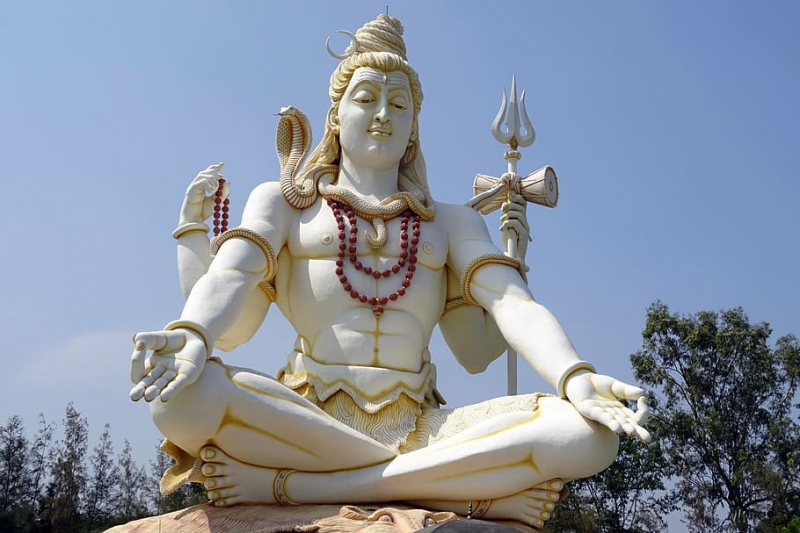
Photo on Wallpaper Flare Mahakatha - Meditation Mantras -
सौराष्ट्रदेशे विशदेऽतिरम्ये ज्योतिर्मयं चन्द्रकलावतंसम्।
भक्तिप्रदानाय कृपावतीर्णं तं सोमनाथं शरणं प्रपद्ये ।।
कावेरिकानर्मदयो: पवित्रे समागमे सज्जनतारणाय।
सदैव मान्धातृपुरे वसन्तमोंकारमीशं शिवमेकमीडे।।
English Transliteration
Saurastradese visadetiramye jyotirmayam candrakalavatansam.
Bhaktipradanaya krpavatirnam tan somanatham saranam Prapadye
Kaverikanarmadayoh Pavitre samagame sajjanataranaya
Sadaiva mandhatrpure vasantamonkaramisam sivamekamide.
- In the beautiful region of Saurashtra (a region in western India), the luminous and resplendent moon-like Lord, Somanatha, shines. He bestows devotion and grace upon his devotees, and I surrender myself at the feet of Lord Somanatha, seeking his refuge.
- In the holy confluence of the Kaveri River and the sea (Kaverikanarmadayoh Pavitre samagame), for the welfare of the virtuous, Lord Shiva resides eternally in Mandhata-pura (another name for the town of Rameswaram). He is adorned with spring-like fragrant flowers, and I meditate upon that auspicious and benevolent form of Lord Shiva.
The verses you have recited are also beautiful hymns dedicated to Lord Shiva, praising his divine qualities and seeking his grace and protection. These verses express devotion and surrender to Lord Somanatha (another name for Lord Shiva) and highlight the sanctity of the Saurashtra region and the auspiciousness of worshiping him. Reciting these hymns with devotion and faith can deepen one's connection with Lord Shiva and lead to spiritual upliftment and grace.
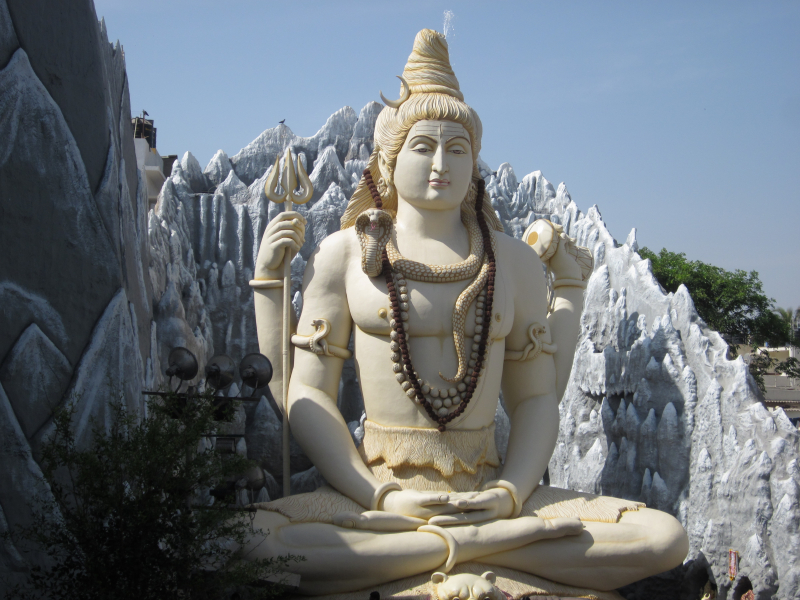
Photo on Wikimedia Commons Mahakatha - Meditation Mantras -
ॐ तत्पुरुषाय विद्महे महादेवाय धीमहि तन्नो रुद्रः प्रचोदयात
Om Tat Purushaya Vidmahe Mahadevaya Dhimahi Tanno Rudra Prachodayat.
- Om!! I meditate on the Greatest God, Oh, Great Purusha, Lord Rudra, and pray to you to give me a higher intellect and illuminate my mind.
Indeed, chanting the Shiva Gayatri Mantra is a revered practice in Hinduism, and it can be a powerful means to seek inner peace, spiritual growth, and the blessings of Lord Shiva. The Gayatri Mantra is one of the most sacred and widely known Vedic mantras, and there are specific Gayatri Mantras dedicated to various deities, including Lord Shiva.
By reciting the Shiva Gayatri Mantra with devotion and focus, devotees seek to establish a connection with Lord Shiva, and in doing so, they may experience a sense of peace, tranquility, and spiritual elevation. Regular chanting of the Shiva Gayatri Mantra is believed to purify the mind, remove obstacles, and bestow divine grace upon the devotee.
It is important to approach the chanting of any mantra with sincerity and a pure heart, understanding the significance and intention behind the words. Seeking the guidance of a qualified spiritual teacher or guru can also be beneficial in understanding the proper pronunciation and the deeper meaning of the mantra.
Chanting the Shiva Gayatri Mantra with faith and dedication can be a transformative practice that brings peace and harmony to the mind and allows the devotee to establish a deeper connection with Lord Shiva, the embodiment of divine consciousness and auspiciousness.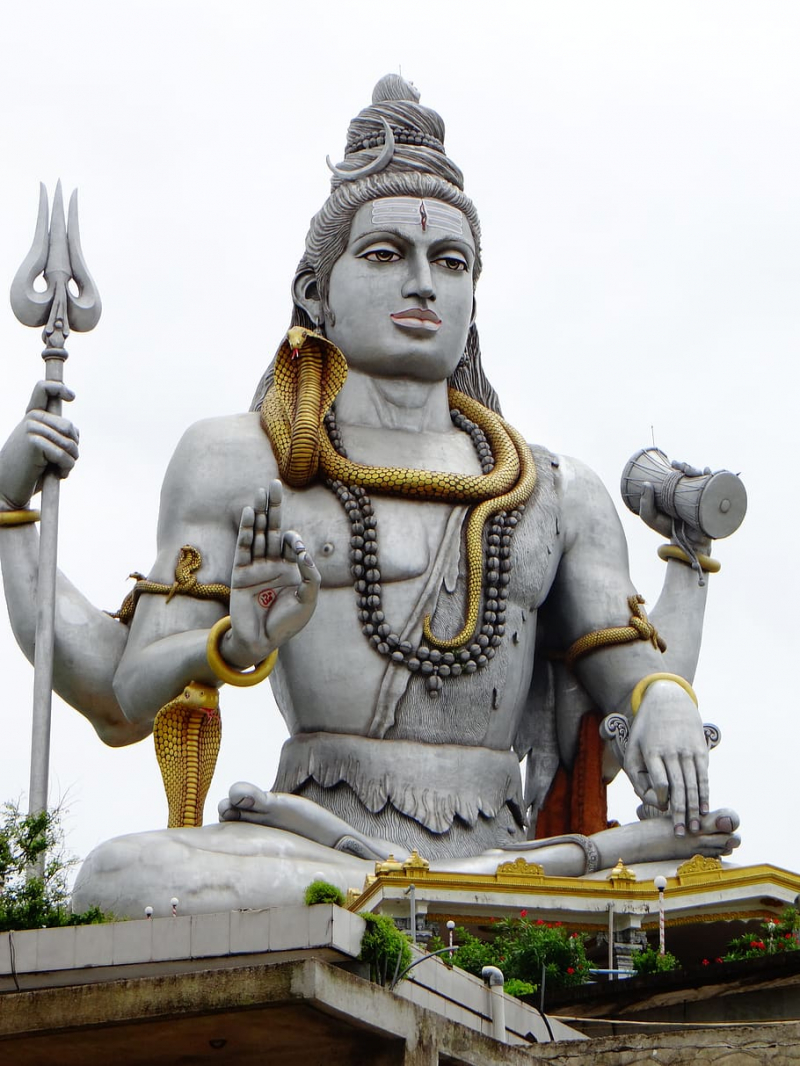
Photo on Pxfuel Rajshri Soul -
करचरणकृतं वाक् कायजं कर्मजं वा श्रवणनयनजं वा मानसंवापराधं ।
विहितं विहितं वा सर्व मेतत् क्षमस्व जय जय करुणाब्धे श्री महादेव शम्भो ॥
English Transliteration
Karcharankritam Vaa Kaayjam Karmjam Vaa Shravannayanjam Vaa Maansam Vaa Paradham |
Vihitam Vihitam Vaa Sarv Metat Kshamasva Jay Jay Karunaabdhe Shree Mahadev Shambho ||
- "Karcharankritam Vaa" - Whether the mistake is done by my hands or legs (through actions),
- "Kaayjam Karmjam Vaa" - Whether it is born from my body (physical actions) or deeds (karma),
- "Shravannayanjam Vaa" - Whether it is born from my ears (listening) or eyes (seeing),
"Maansam Vaa Paradham" - Whether it is born from my mind (thoughts) or sinful acts, - "Vihitam Vihitam Vaa" - Whether it is something forbidden (unintentional) or something prescribed (intentional),
- "Sarv Metat Kshamasva" - Please forgive all these mistakes and sins,
- "Jay Jay Karunaabdhe Shree Mahadev Shambho" - Victory to the compassionate ocean, Lord Shiva, the benevolent and auspicious one.
This mantra seeks forgiveness from Lord Shiva for any inadvertent mistakes or sins committed through actions, speech, thoughts, or senses. By chanting this mantra, devotees ask for His compassion and forgiveness.
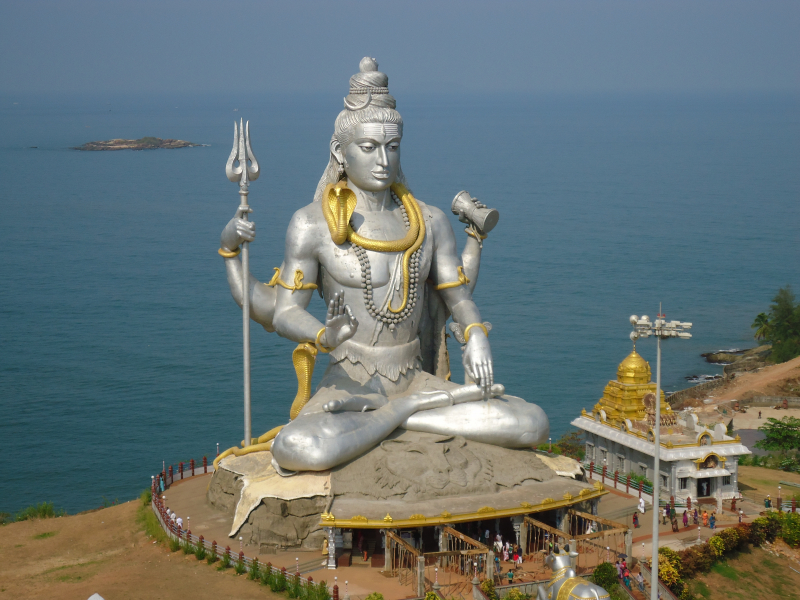
Photo on Wikimedia Commons Mahakatha - Meditation Mantras -
ॐ त्र्यम्बकम् यजामहे सुगन्धिम् पुष्टिवर्धनम्, उर्वारूकमिव बन्धनान् मृत्योर्मुक्षीय मा मृतात् ।
English Transliteration
Om Tryambakam Yajamahe Sugandhim pustivardham, Urwarukmivbandhanaan Mrityormuksheey mamritaat |- Om. Oh! Three-eyed Lord Shiva, we worship and adore you. You are the sweet gladness and fragrance of life. You nourish us, restore our health, and cause us to thrive. We pray to you to free us from attachment and death. Oh! Lord Shiva does not withhold immortality. Om, Om, Om.
The "Mahamrityunjaya Mantra" is one of the most powerful and revered mantras in Hinduism, dedicated to Lord Shiva. It is believed to have the power to protect and bestow the devotee with good health, longevity, and liberation from the fear of death. The mantra is also known as the "Mrita-Sanjivini Mantra" as it is believed to bring the nectar of immortality to the seeker.
Devotees chant the Mahamrityunjaya Mantra with faith and devotion, seeking protection, healing, and ultimate liberation. It is often chanted during times of illness, distress, or when facing life-threatening situations. The mantra is believed to invoke Lord Shiva's blessings and mercy, helping the devotee overcome physical and spiritual challenges.
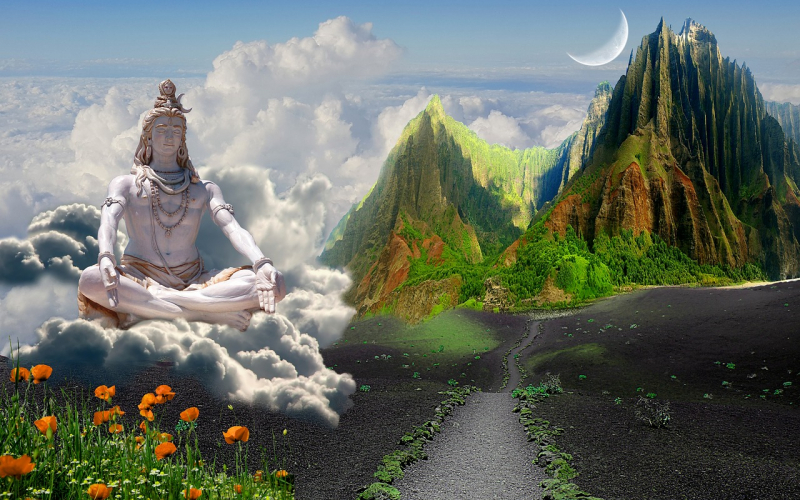
Photo on Needpix.com Rajshri Soul









